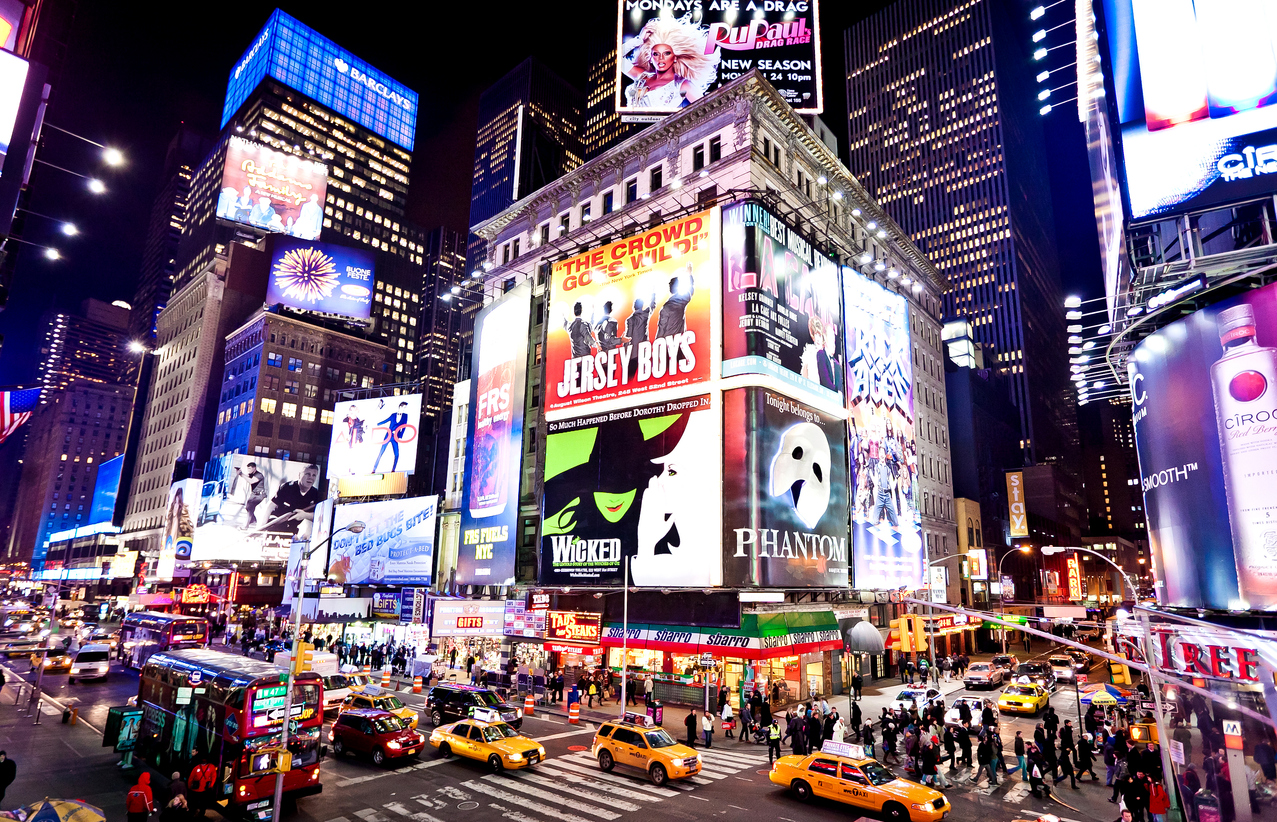- July 12, 2023
- 3 minutes read
“New York, New York” on Broadway: A Struggle to Capture Hearts and Ticket Sales

The curtains may soon close on “New York, New York,” the Broadway musical based on Martin Scorsese’s iconic film. Sources indicate that the poorly received production at the St. James Theatre may be nearing its end as early as this month, solidifying its place as one of the season’s biggest flops.
With a capitalization of $27 million and weekly running costs of a staggering $1.2 million, “New York, New York” has faced an uphill battle at the box office. Despite the star-studded cast and a tale of love and aspirations set against the backdrop of New York City, the musical has struggled to attract audiences. Last week’s gross earnings amounted to a disappointing $770,000, with an average ticket price of just $75 and only 76% of seats filled. To compensate for low attendance, free comp tickets have been distributed abundantly, reminiscent of confetti raining down on Times Square during New Year’s Eve.
Directed and choreographed by Susan Stroman, “New York, New York” weaves together elements from the 1977 film and additional songs by renowned composers John Kander and Lin-Manuel Miranda. Despite receiving nine Tony nominations, the musical only managed to secure a win in the set design category. Reviews have not been kind, with critics likening the experience to being stuck on the tarmac at La Guardia airport and labeling it as surprisingly dull.
Initially optimistic about becoming a popular attraction for tourists, the producers, including Sonia Friedman and Tom Kirdahy, now acknowledge the waning likelihood of “New York, New York” achieving success. The team has observed the unfavorable reviews and changing sentiments among potential theatergoers, signaling a diminishing chance of the musical becoming a hit.
Unfortunately, the struggles faced by “New York, New York” reflect a broader trend in the post-pandemic landscape of Broadway. Several costly productions, including “Camelot,” “Bad Cinderella,” “Almost Famous,” “KPOP,” and “Dancin’,” have closed prematurely due to financial setbacks. Even critically acclaimed shows are contemplating September end dates as they grapple with fluctuating attendance and the reluctance of audiences to spend exorbitant amounts on tickets.
Broadway now faces the reality that the economics of the industry have shifted. The reliance on selling high-priced premium tickets to sustain profitability, which worked for a period, is no longer viable in a post-pandemic world. The landscape of theater has changed, and the industry must adapt to create an accessible and financially sustainable environment for both producers and audiences.
